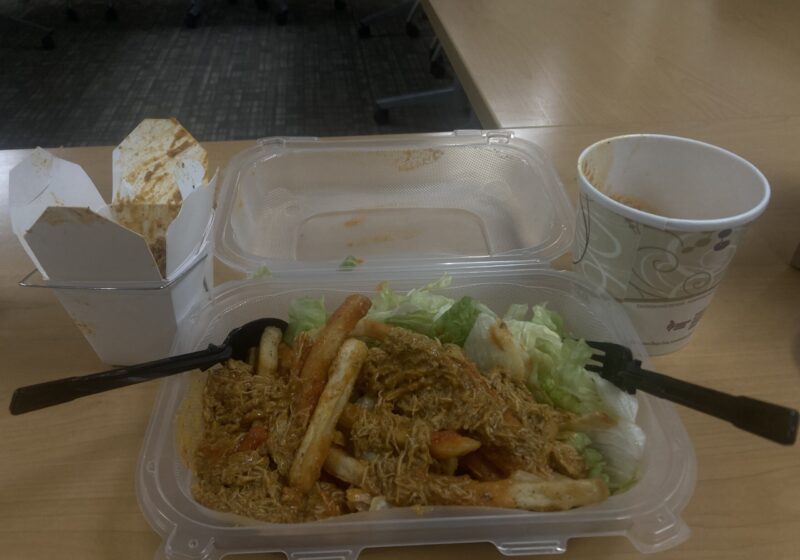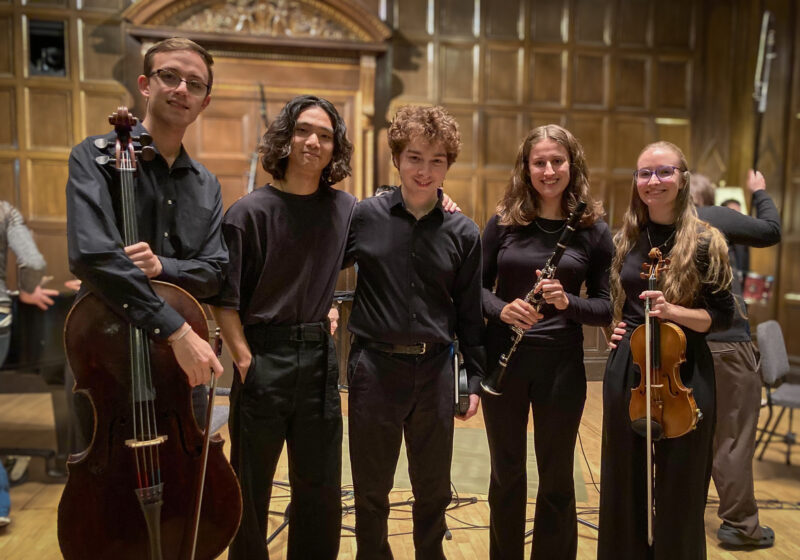The UR Concerns Fair took place last Friday in Wilson Commons to create a forum where students, organizations and the administration could openly discuss concerns of the UR student body. Few people, however, attended the event.
Eighteen tables, each representing a different issue, focused on spreading information about their topics and getting feedback. However, the fair’s goal of networking students and the administration was hampered by a low turnout on both sides.
Participants were disappointed with the lack of interest. “The turnout seemed quite slim compared to what I had anticipated,” junior Beth Fox of Safe Zone said.
“I know there are many more students on campus interested in being a part of this program and I am only left wondering ? where were they?” she said.
Among the more popular tables were those representing freshman housing concerns, the Black Students Union, the Safe Zone homophobia issues and the Fairly Traded Coffee campaign. BSU dedicated their presentation to preserving the memory of the MSAB protest of 1999.
The Fairly Traded Coffee table provided information on their campaign to persuade UR to switch to coffee produced at plantations with fair worker standards.
The student-run freshman housing table collected student surveys and provided information on housing options.
Other organizations involved were Grassroots, Men Against Sexual Assault, the Special Interest Housing Council, No Sweat Coalition, Students’ Association, Pride Network, Community Service Coalition and the Women’s Caucus.
The Charles Drew Pre-Health Society highlighted unfair discrepancies in SA funding. Detailed information on Veganism was provided by a student-run table.
Associate Dean of Students Ken Rockensies hosted a table and talked to a few students at the fair as well.
Vice President and General Secretary Paul Burgett made a brief appearance at the fair and gave organizers advice to boost the lackluster turnout. “I want to urge you not to be disappointed,” he said.
He also cautioned organizers that the purpose of the event may have been too vague. “You’ve got to be specific, narrow it down. [The intention] may mean everything, but individuals might get lost.”
Anthropology professor Robert Foster agreed that the location and
time for the event could have been better. “That’s not an optimal time for many people who don’t live on campus,” he said.
“There really isn’t a vibrant public space on campus. Wilson Commons doesn’t fulfill that function anymore,” he said.
This is the first time the Concerns Fair has been held, which may have been a reason for the lack of attendance. “With the amount of advertising that I saw [for the fair] on campus, and since it was the first time it was put on, I was not expecting a whole lot of interest,” sophomore and speaker for the Special Interest Housing Council Eli Hale said.
Organizers planned to turn the fair into a regular event. “Many of the events that are successful have to work their way into the local culture overtime,” said Foster. “This is something that would have to be done on a regular basis.”
Despite the low turnout, participants were optimistic. “I feel like this fair did accomplish [our] goal,” senior and organizer Kirk Scirto said.
“There were obvious positives and negatives,” senior and member of No Sweat Sarah Clock said. “The effort the students put in certainly made it a positive.”
“It was a good starting point, but we need to progress from that,” said freshman Sona Rai of the freshman housing issue table.
Uzilov can be reached at auzilov@campustimes.org.




